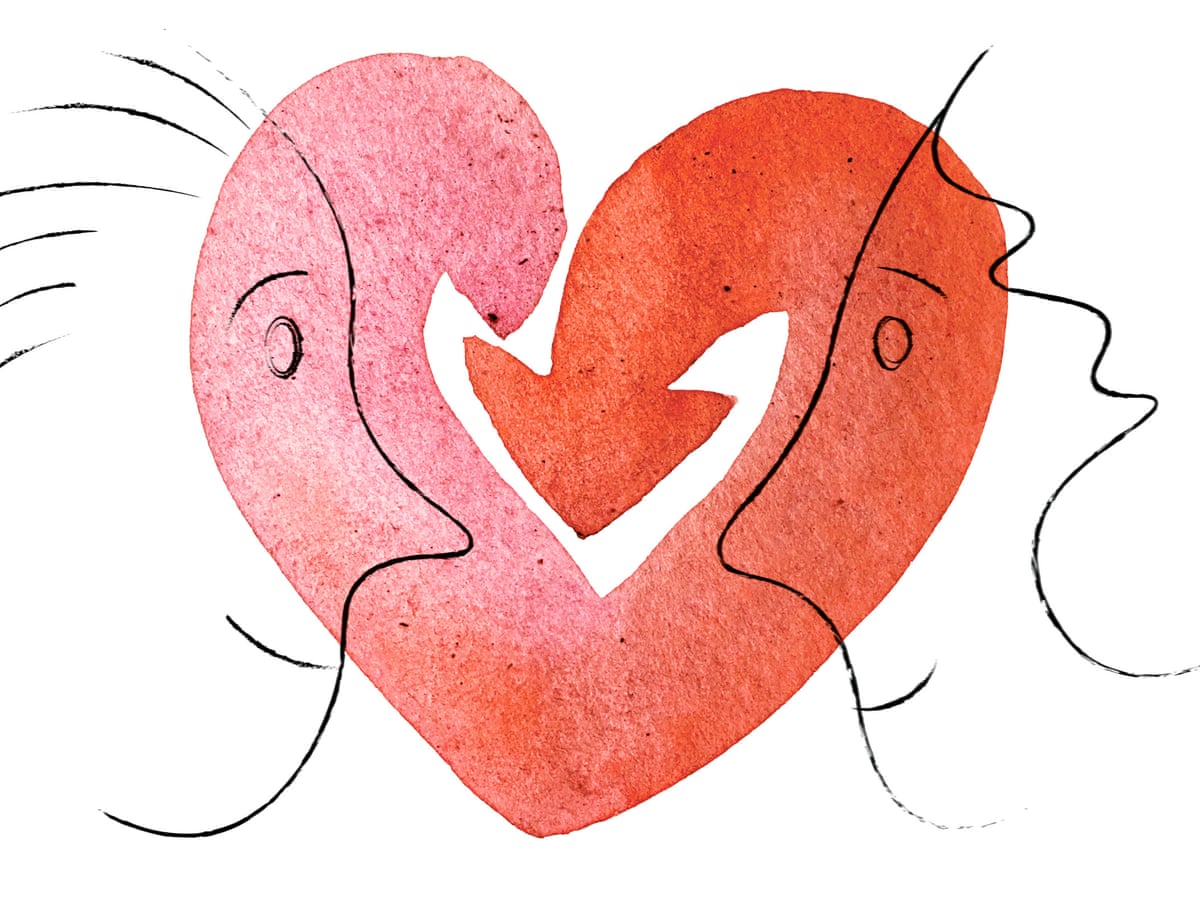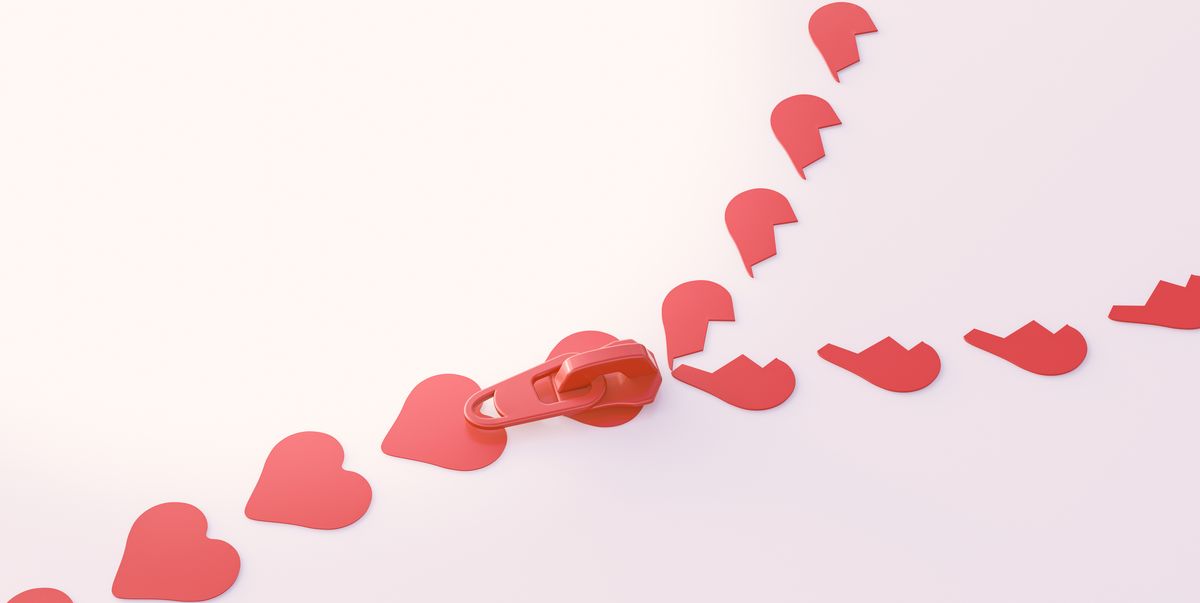In 2016, the number of people estimated to be suffering from mental health issues like depression and anxiety amounted to roughly 1.1 billion. Since then, numbers have likely continued to rise. Moreover, studies have also shown women especially on average are a) more likely to suffer from mental health issues, and b) less likely to talk about them. The taboo in Pakistan surrounding depression and anxiety disorders only serve to aggravate the individuals suffering even more. For the women who cannot seek out full time therapy, we’ve enlisted the help of a trained therapist. You sent us in your questions – here are the answers!

‘I give too much to my relationships, especially to one particular friendship. Despite how many times this friend of mine takes our friendship for granted or lets me down, I can’t stop making an effort. I also don’t think she’s a toxic friend — she’s just difficult to be friends with and communicating issues to her isn’t easy. Do you have any advice on how else I can approach this situation besides talking? I’ve tried that and it never seems to work.’

Shahrukh’s Response:
Dear Anon,
A relational imbalance in friendships is something that many of us have faced, I know I certainly have. What I’m hearing is that you are investing and giving a lot to this relationship, and feel that your friend is taking it for granted and continues to let you down. Yet, in all of this, you find it challenging to stop being there for her, or to be friends with her, which is completely natural – severing any kind of relationship is not an easy thing to do. So, let’s look into this issue and see what can be done here.
Staying Mindful Of Your Feelings
When it comes to relationships, be it friends, family, or a significant other, it’s important to remain mindful of how this person impacts you. Here are some reflective questions you can ask yourself to gain a deeper understanding of what this person means to you:
- How do I feel when I’m around them?
- What role do they play in my life?
- How do they contribute to my life? Do they add value to my life or help me grow?
- Do I feel smaller or diminished when I’m around them?
Depending on how you’ve answered the following questions, it then becomes a little clearer as to what role this person plays in your life – with all that in mind, it might be time to assess how much of yourself you’re willing to give to this friendship.
The “Good” And “Bad” Friendships
We all have different kinds of friends in our lives – we’ll find ourselves more attached to some, indifferent to others and just extra mindful and wary of another group. While there is no set definition of what makes a good or bad friend, you can generally judge this by asking yourself the questions in the previous section, and looking at your responses.
If you feel a friendship is equal, in the sense that you feel that you are valued by your friend as much as you value them, that’s a good sign. While there is usually some level of imbalance, it’s usually miniscule and doesn’t matter in the grand scheme of things. In addition, if you feel that they are happy for your accomplishments, easy to communicate with, supportive, understanding and overall help you feel safe and comfortable in your own skin, this can be seen as a positive, healthy relationship.
Alternatively, if you feel that you are giving far more to the friendship than the other person, this usually can lead to feelings of anger and resentment. In addition, if you feel like this person is difficult to communicate with, diminishes your success, judges you or gives you the feeling that you’re walking on eggshells around them and cannot fully express yourself, it usually translates into a friendship/relationship that is negative or unhealthy.

What Can Be Done?
If you feel that you have communicated your feelings to this person and have seen no change in their behavior, it might be time to reassess how much you invest in this friendship. It doesn’t necessarily mean that you have to stop being friends with them, but you may need to adjust a few things.
- Creating some distance: you can see this person a little less, limit the time you spend with them. This will slowly create some space between you and them.
- Manage your expectations: sometimes people just aren’t capable of having healthy, functional relationships, and this has nothing to do with you. Accept that there isn’t much you can do to change this, and manage your expectations of this person accordingly.
- Stay mindful of how much you give to this friendship: it’s important to reserve your energy and effort for the relationships where you feel valued – otherwise all you’re really doing is depleting yourself, and that can be extremely exhausting.
- Allow yourself time to grieve: sometimes we cling onto the idea that the people in our lives can change, and more often than not, it’s difficult to let go of that hope. Surrendering over that hope and that belief is painful, and it means that you are letting go of the idea of someone that you held onto for so long. As such, give yourself time and space to process this.
- Walk away: if you feel that the friendship is still too much, and is affecting your mental health, you might even consider the option of walking away altogether. You could choose to do this explicitly, or you might phase them out – either way, it’s okay to opt for this if you feel it’s necessary for you.
Anon, navigating through difficult friendships is challenging, and I really hear your anger, sadness and frustration. It’s not easy, and I hope that everything works out for you. Best of luck and stay in your power!

The above article is written by Shahrukh Shahbaz Malik who is trained in humanistic integrative counselling at CPDD in the UK and currently has her own private practice in Karachi. The views expressed in this article are those of one expert. They do not necessarily represent the views of Mashion, nor do they represent the complete picture of the topic at hand. This article is for informational purposes only and is not a substitute for medical diagnosis, treatment or therapy.







What do you think?
You must be logged in to post a comment.